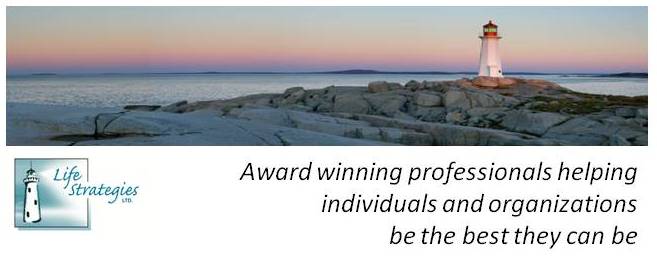 Christmas gift suggestions:
Christmas gift suggestions: To your enemy, forgiveness.
To an opponent, tolerance.
To a friend, your heart.
To a customer, service.
To all, charity.
To every child, a good example.
To yourself, respect.
~Oren Arnold
Christmas is coming – just 26 shopping days left. As the busyness of the season approaches we thought it timely to conduct a brief survey on ways to celebrate the holiday season at work. We received some fabulous feedback – thanks to all of you who found time to respond.
Nearly all respondents (i.e., 96.5%) indicated their organization celebrates the holidays at work; most respondents felt it was very important (59%) with 11% indicating that organizations must celebrate the holidays. Although most respondents did report that Christmas was the specific holiday celebrated, most also noted how important it was to recognize that not everyone celebrates Christmas. Suggestions for being inclusive included taking a more general focus (e.g., winter solstice) and celebrating more holidays throughout the year (e.g., Chinese New Year, Diwali, Eid-al-Adha, Hanukkah).
There were numerous ways in which organizations celebrated the holidays – the top three selected were decorating the office (80%), holiday-themed staff party (80%), and supporting a charity (71%). The Life Strategies team does some decorating but always ensures we get together for a holiday-themed event which includes our families. This year we are going on the North Pole BC tour. We also support a charity every year . . . our team has a great time buying items from the World Vision catalogue. We’ve outfitted Canadian children with backpacks for school, helped families start businesses, and stocked medical clinics. If you don’t have a charitable project in mind, help our team make a difference by shopping through our World Vision catalogue. Other charities and organizations in need of support include the Lower Mainland Christmas Bureau, the YWCAs Adopt-a-Family program, or the Pan Pacific’s Annual Christmas Wish Breakfast.
For more on the 10 ways to celebrate the holiday season at work, check out our latest tip sheet.
From all of us, at the Life Strategies team, we wish you a very Merry Christmas, a Happy Holiday season, and all the best for a healthy and prosperous 2012.





